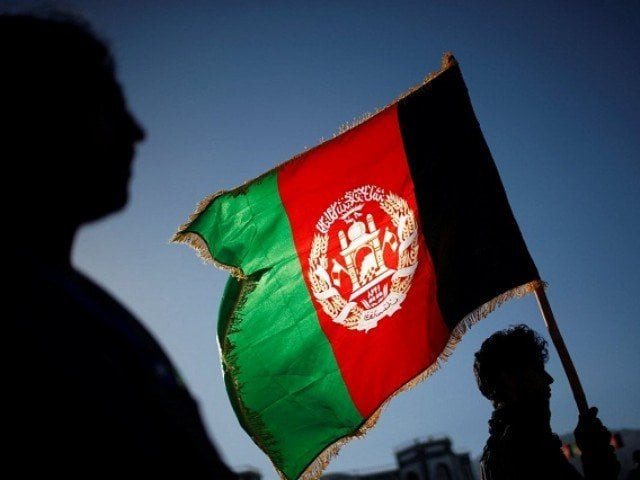The ghosts of Afghanistan
Preservation of life is, after all, the bedrock on which the hierarchy of human needs is based upon

PHOTO: REUTERS
The Soviet invasion, subsequent civil war, rise of the Taliban and the War on Terror made the country virtually uninhabitable. More than three million refugees fled to Pakistan alone — something that stands as one of the biggest mass scale migration for any region till this day.
In an alien country, without an identity, without the prospect of livelihood and without a glimmer of hope, these refugees turned ghosts meander through a sad existence. They have been plagued by the same problems over a generation. They left their country to save their lives yet were stripped of the ability to make one.
In 2016, more than 380,000 refugees left Pakistan, however the UNHCR reported the presence of 1.3 million Afghan refugees in 2017. These ghosts, who have resided in Pakistan (many of whom were born here) for more than three decades, have always been deemed as Afghan nationals. Pakistan’s inability to make concessions for these individuals could be marked as a significant diplomatic failure as well.
National integration is but a dream for many of these refugees who have been born and raised in a country that refuses to acknowledge them as part of its population. The refugees cannot claim a Pakistani passport or a National Identity Card (NIC). The only acknowledgement of their presence comes in the form of Proof of Registration Cards (PoR). This provides them with a temporary legal status along with freedom of movement.
These ghosts cannot buy property, vehicles or mobile SIM cards. Workplaces tend to look away from people without a valid NIC. Schools and universities cannot enrol them without the necessary documents that they are not allowed to have. Hospitals often refrain from admitting pregnant Afghan women because they cannot issue them birth certificates.
Pakistan opened its doors to the Afghan refugees in the aftermath of a war that was crucial for our geopolitical ambitions and safety. Our hospitality however has left much to be desired. India on the other hand has stepped in to fill the vacuum. They are now providing education, training and resources for Afghan individuals who will ultimately lead the Afghan opinion on geopolitics. Pakistan had the chance to leave a mark on the very fabric of Afghanistan and form a bond that could have persisted for centuries. If we could have integrated these refugees, educated them and sent them back, we could have created an ally that would have stood by us for the foreseeable future.
Instead, these ghosts trudge through their routines, knowing that the State and the world in general have failed them. Pakistan can still salvage the situation by implementing a multitude of options yet the powers that be seem inclined to drive them back rather than appreciate the opportunity they have at hand.
Perhaps we are to blame as well. When Prime Minister Imran Khan proposed naturalising third and fourth generation Pakistan-born Afghan refugees, he was met with thunderous criticism and backlash. Therefore, it is safe to assume that Pakistan will always be somewhat complicit in the suffering of the Afghans.
Published in The Express Tribune, December 1st, 2019.
Like Opinion & Editorial on Facebook, follow @ETOpEd on Twitter to receive all updates on all our daily pieces.













COMMENTS
Comments are moderated and generally will be posted if they are on-topic and not abusive.
For more information, please see our Comments FAQ